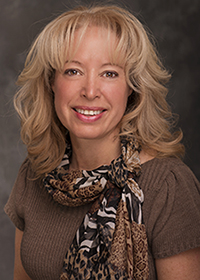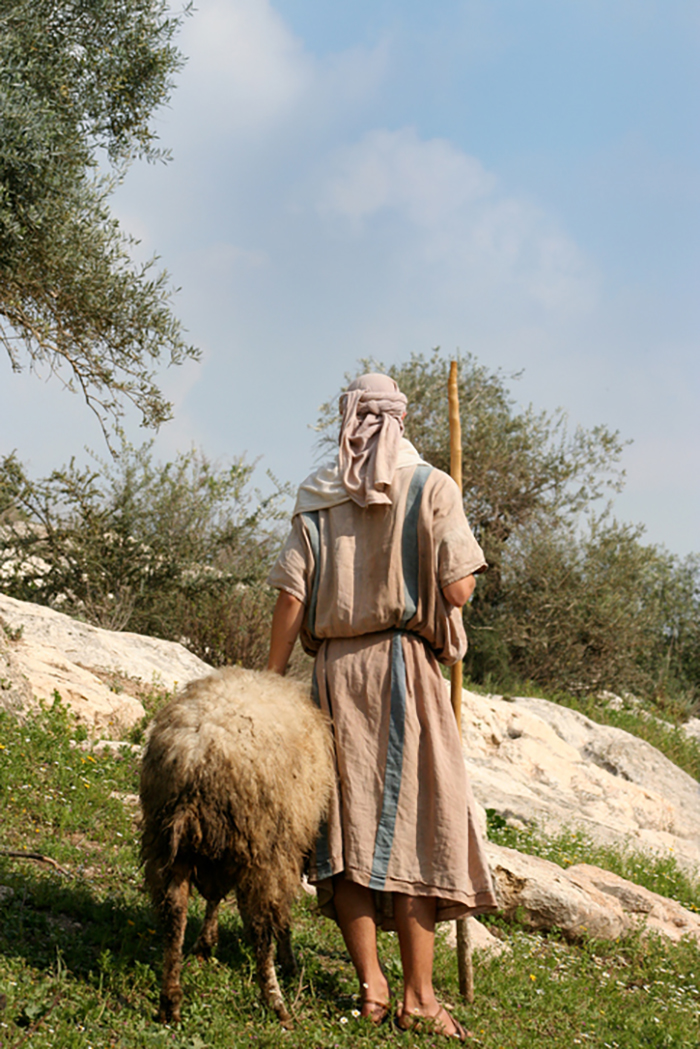A young man stands with head in hand — not his, but another’s — and acts as if it is a regular day.
“Whose son are you?” King Saul is curious, not about one of the strangest feats in battle history, nor of unexplained bravery. He wants to know whose son David is.
What does it matter? It is irrelevant. The battle is won. It is over. But to King Saul, it is the question. He asks it first when watching David march out to battle Goliath. Turning to his commander, Abner, he asks, “Whose son is he?” Abner doesn’t know, so immediately after the battle, Abner grabs David and whisks him off to King Saul.
Having just cut off Goliath’s head, David still holds it in his hand. The head swings back and forth, brushing his clothes and skin with blood. He arrives in front of the king – dirty, sweaty and bloody, “still holding the Philistine’s head.”
“Whose son are you?” King Saul is insistent, as he should be.
This is no small children’s story. This is the introduction of David, a written “apology” for why he should be king, the first chapter of his biography. And it is a good one. It sits in contrast with the “apology” for Saul as king where Saul looks for his father’s donkeys who are lost.
David goes back and forth between the battle front and his father’s sheep (over 15 miles) to make sure the sheep are in good hands. He talks of killing lions and bears on the sheep’s behalf.
Saul is handsome. David is handsome as well as brave. The Israelites want a king who will “go out before us and fight our battles.” (1 Samuel 8:20). In the current story, it is David who steps up, not Saul.
This story sets the stage for something larger — a future king who is worthy of being king. But a larger point emerges at the end of the chapter.
“Whose son are you?” The answer to this question sets the stage for something much larger because this is the question that matters.
“I am the son… of Jesse...”
This young man David, this “stripling” as King Saul suggests, has no idea that he has been called forward by Someone much larger than King Saul. This passion in his belly to set himself up against anyone who defies “the armies of the living God” is a sacred passion, a holy anger and he is hard-pressed to believe that no one else is coming forward. Someone must stop this, and if no one else, then he will do it! Everyone looking on, as well as David himself, sees this as the last resort. This is not the course of choice.
Here intersects the “apology” of David as king, a young shepherd boy, a current king who has lost hope and the call of God.
“I am the son . . . of Jesse . . .” Seventeen verses in the New Testament declare Jesus “the son of David.”
For example, a Canaanite woman screams at Jesus on behalf of her demon-tormented daughter, “Have mercy on me, Lord, Son of David.”
Two blind men sit in the road scream out as Jesus passes, “Lord, have mercy on us, Son of David.” This is more than a statement of lineage. It is a statement of believed divinity. The son of David is the long-hoped-for Messiah.
“I am David — the son of Jesse . . .” is more than lineage. It is prophetic. Out of this lineage will come the Messiah — the Messiah! Compared to what they have just witnessed, a future event will rock the world in ways this stoning of Goliath is only a foretaste.
This may be the “apology” for David as king, but it is a larger “apology” for Jesus as the Messiah — one who is everything — “the root and the descendant of David, the bright morning star” (Rev 22:16).
This young man David will achieve earthly glory, no doubt, but larger still is his place in forwarding the kingdom of God.
Consider if we were to write our own story on paper. When we stare at that blank page, we all have to decide where the story begins. For Saul, it is lost donkeys. For David, it is tending sheep and fighting Goliath. For you or me, it will be different, but there is a beginning story of some kind.
To differing degrees, we all achieve some sort of earthly glory. But there is a larger question at hand. As we stand before God with spoils in hand, sweaty, tired and bloody from life’s battle, will the lineage be clear? Did we forward the kingdom of God?
“Whose son are you?” Whose daughter are you?”
“I am . . .”
—Carla Gober-Park, PhD, MS, MPH, is the Assistant Vice President for Spiritual Life and Mission Loma Linda University Health.


